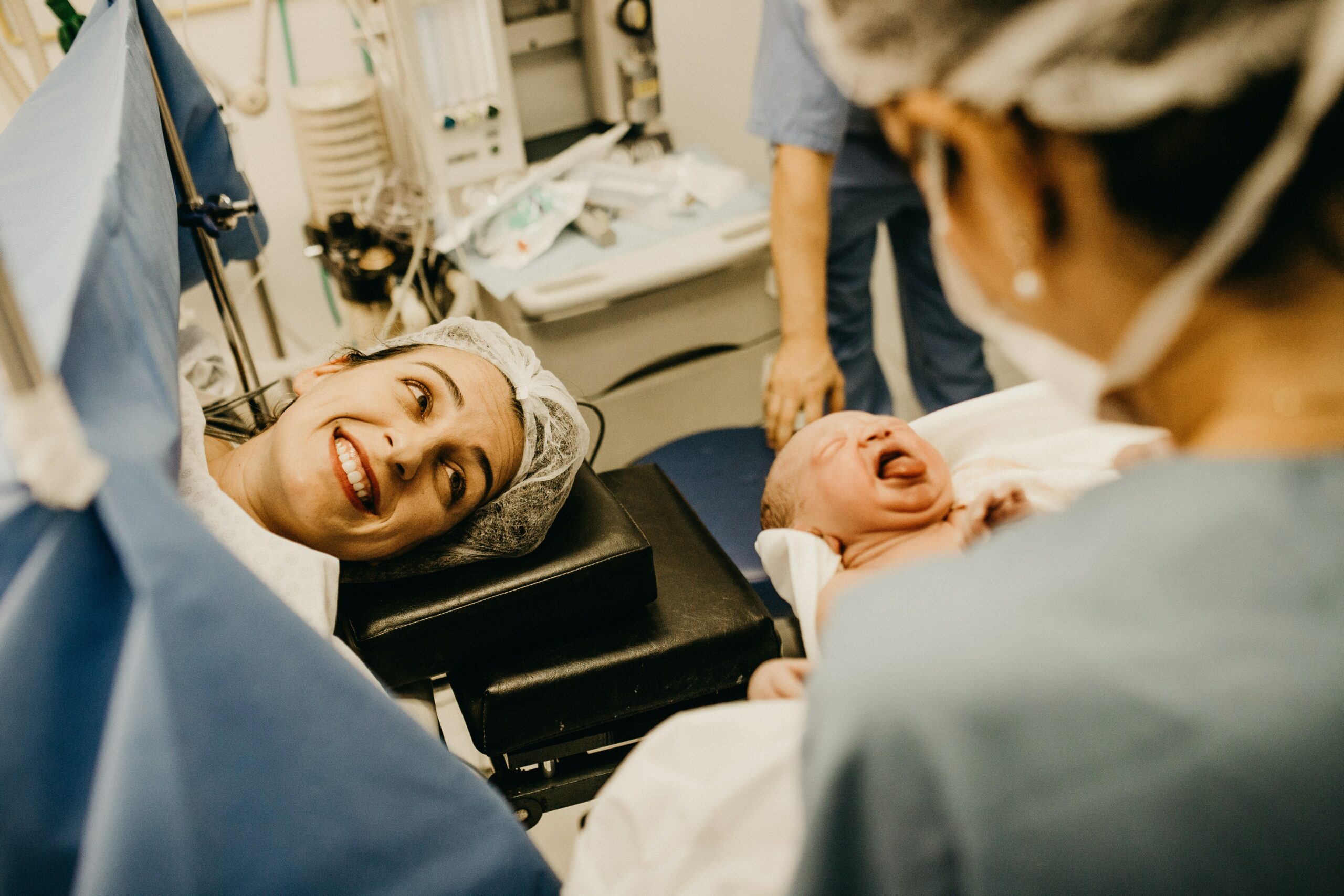If you have diabetes, you have a long list of issues to be concerned about: your blood sugar levels, taking insulin shots, eating the right foods, having to pee a lot. But when you find out you’re pregnant, you have a new set of worries:
Will your baby be ok? How will the hormonal changes affect your health?
Start preparing before you get pregnant
For a lot of people, pregnancy comes as a surprise. However, if you’re diabetic and planning on getting pregnant, it’s a good idea to start taking precautions now.
1. Make an appointment with your OB-GYN: Your doctors know your medical history. You also need to make sure that your gynecologist has assisted other diabetic women throughout their pregnancies.
Schedule an appointment before you get pregnant to ensure that your vitals are at an optimal condition for gestation.
2. Stabilize blood glucose levels: A healthy range may vary from person to person. However, if your glucose is too high during pregnancy, you’d be exposing both yourself and your baby to complications.
How it affects the baby: Having high glucose levels increases the chances of miscarriage or birth defects. It can also cause your baby to be larger than average and cause delivery complications.
How it affects you: High levels would mean an increased risk of bladder infection, or issues with your blood pressure, kidneys or vision.
3. Exercise on a regular basis: No matter which health subject you’re researching, chances are that adding an exercise routine to your lifestyle will be in it. And how to have a successful pregnancy while having diabetes is no exception.
Maintaining a healthy body weight is essential to keeping your blood glucose levels stable.
What about prenatal care?
1. Get a team of professionals to work together: This is a time when you want your OB-GYN, your nutritionist, and endocrinologist to work together. Everyone needs to be on the same page in order for you to follow a viable plan.
2. Keep exercising: Granted, you’ll need to do this by following your doctor’s advice; especially if you’re carrying twins or are over 35. That said, as with pre-pregnancy, continuing to exercise while you’re pregnant will help maintain your blood glucose level at your target range.
3. Mind your meals: Now is not the time to worry about losing weight. However, you shouldn’t be falling for the myth that you should double your caloric intake because you’re not “eating for two.” Your nutritionist should be able to develop an adequate plan for your circumstances.
What if I develop Gestational Diabetes?
Sometimes, diabetes will occur for the first time when a woman is pregnant. This is due to your hormones increasing glucose in your blood.
Certain factors may increase your risk of developing it. Some of them include being overweight prior to pregnancy, becoming pregnant when you’re over 25, or having a family history of diabetes.
Gestational Diabetes usually has no symptoms. Therefore, your healthcare provider will look at your risk factors to determine whether you should be tested for it.
The good news is that it’s likely your blood glucose levels will return back to normal after you deliver your baby. However, you should monitor them closely, since gestational diabetes may increase your chances of getting Type II diabetes later on.
Also, you may decrease your chances of developing it by maintaining a healthy weight, diet, and exercise prior to getting pregnant.
Contact OB-GYN Women’s Center of Lakewood Ranch for a Consultation
At OB-GYN Women’s Center, we aim to make all of our patients feel comfortable with us. Let us know about all of your concerns and we’ll make sure to answer all of your questions.
Contact us to schedule an appointment. We’ll take care of you and your baby.




